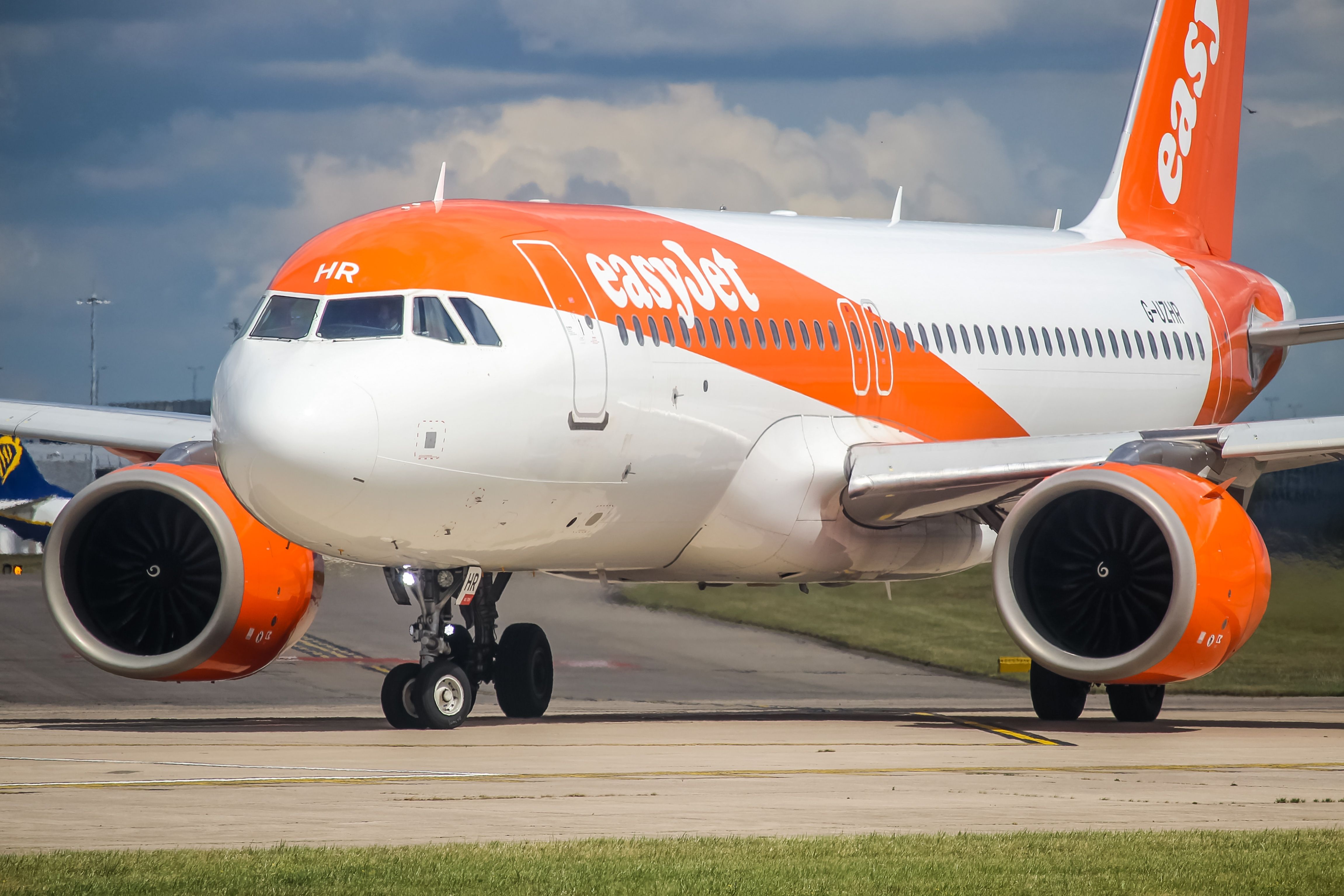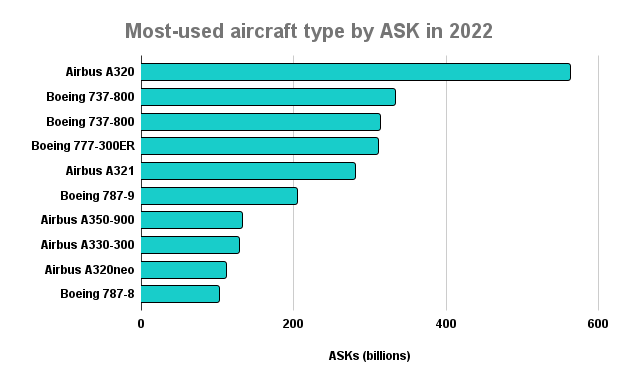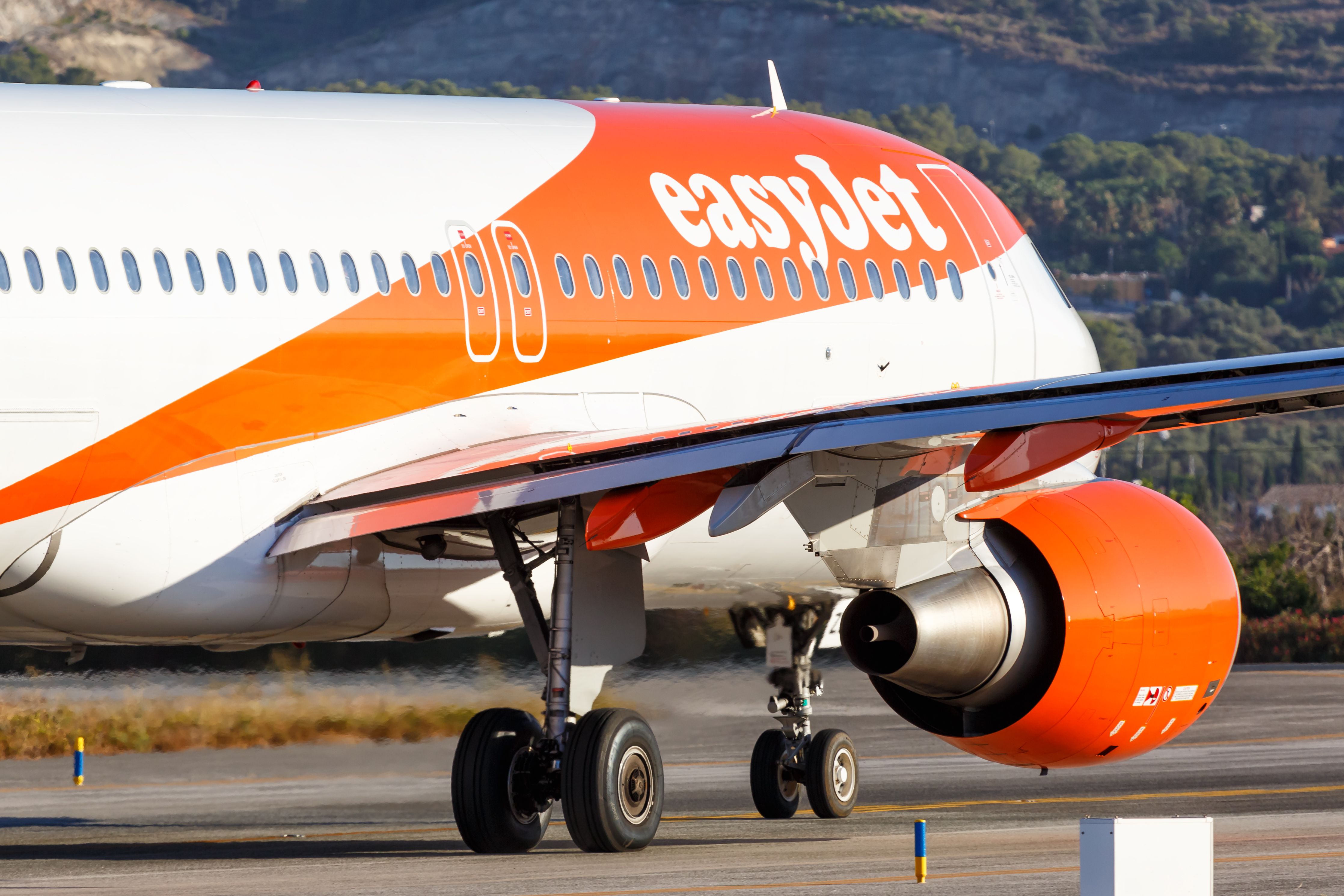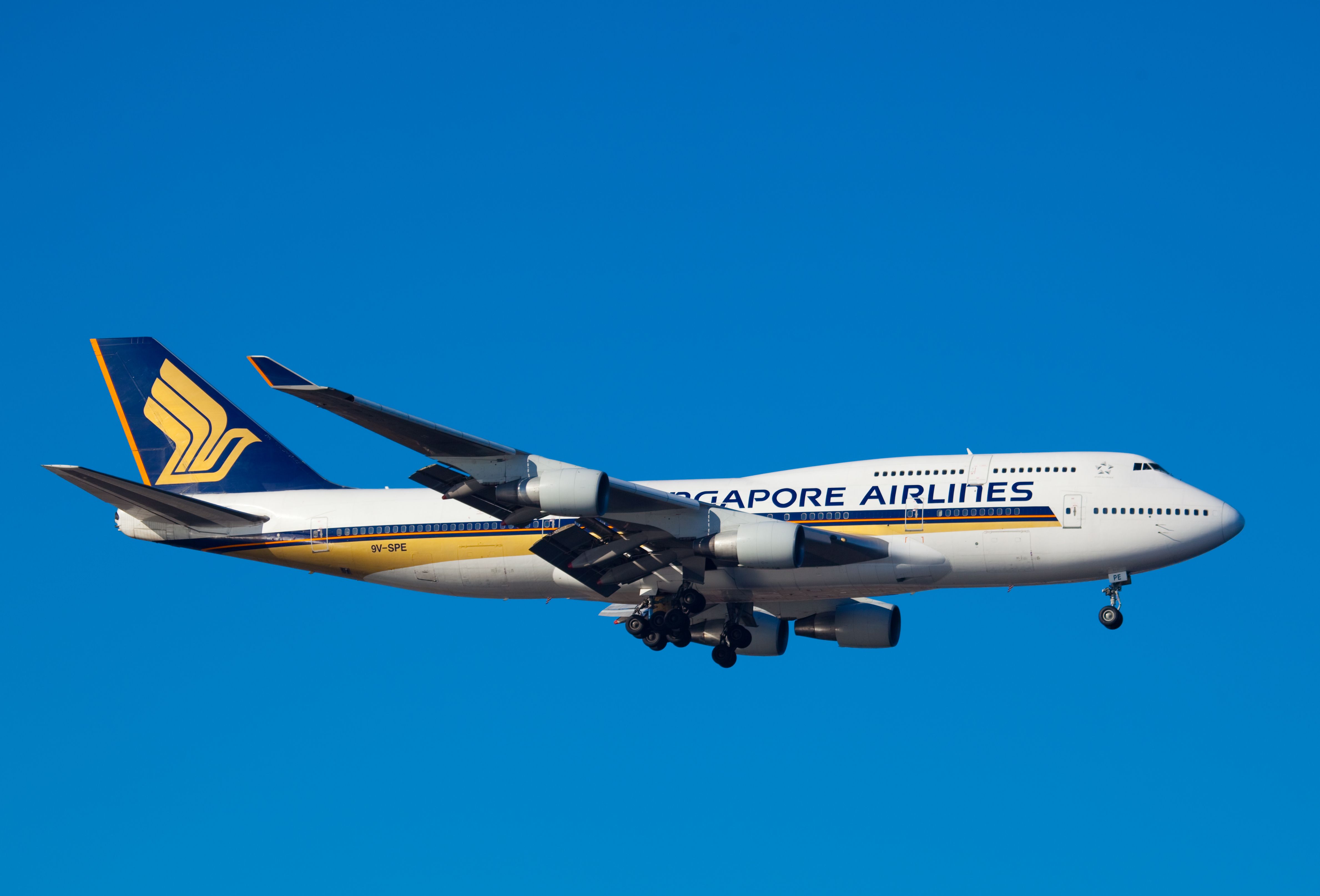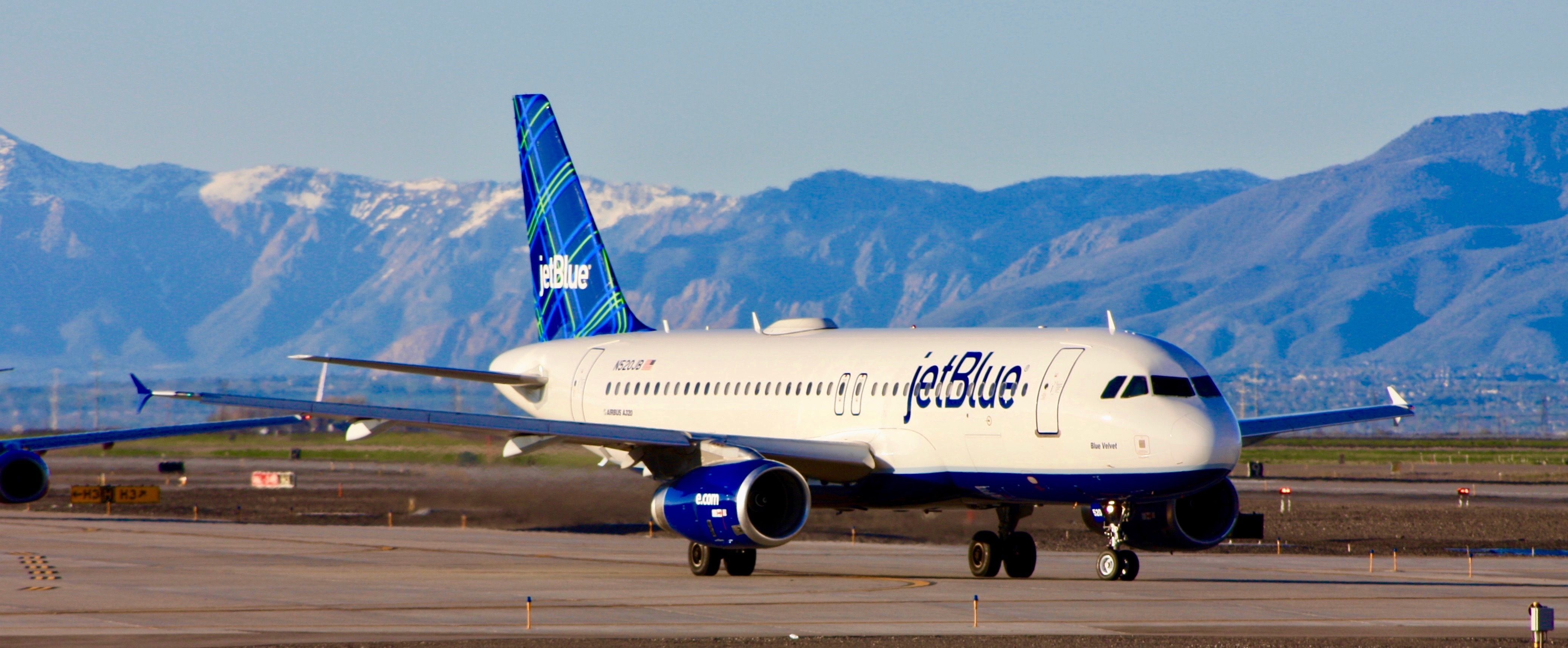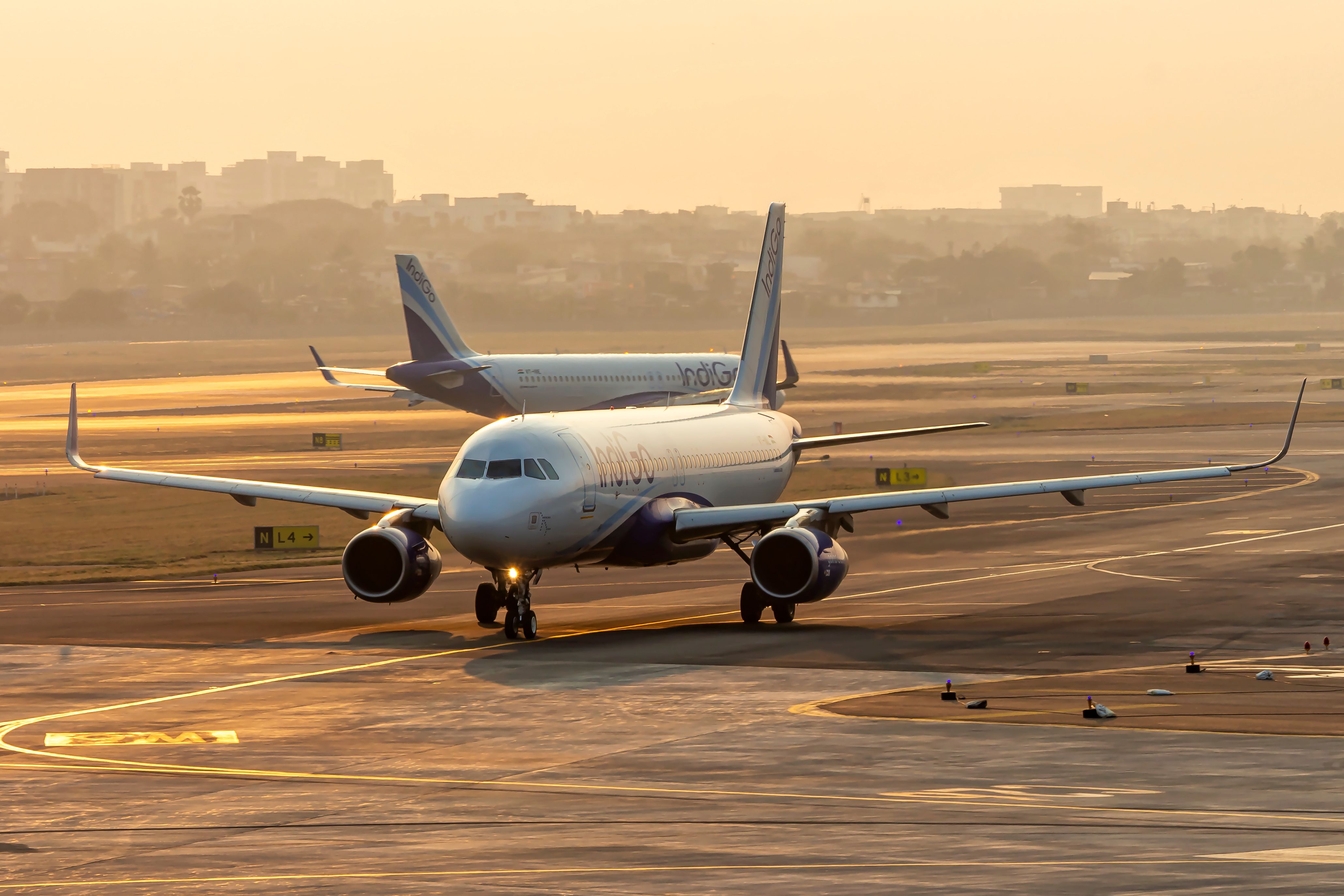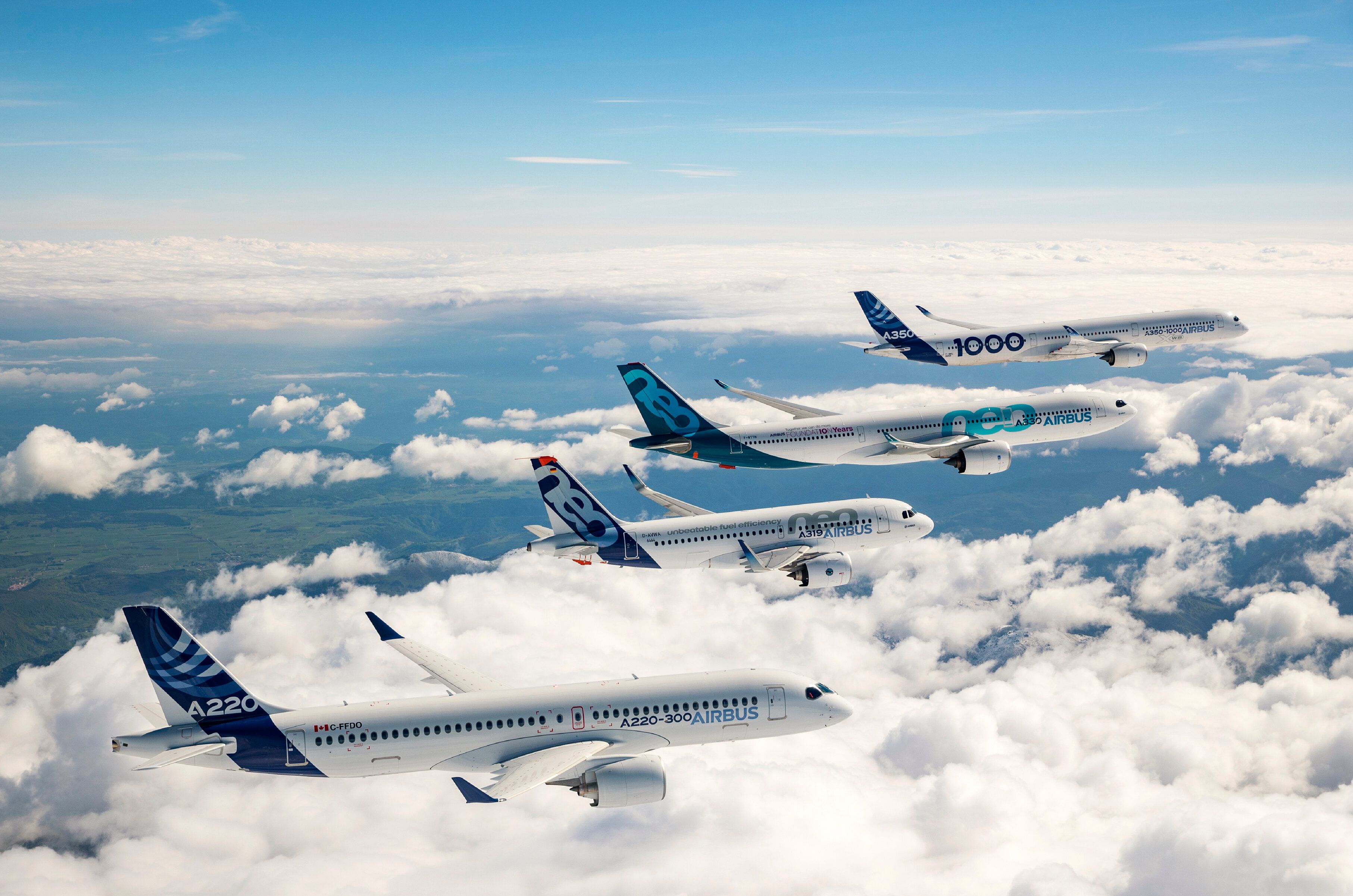If you have recently hopped on a plane, do you remember which type of aircraft it was? According to recent data released by OAG, it's highly likely you were onboard an Airbus A320. In 2022, OAG found that the Airbus A320 was the most-used aircraft in terms of Available Seat Kilometers (ASKs).
The Airbus A320: 2022's most used aircraft by ASK
There are many ways in which airlines' performance can be assessed. However, in the aviation industry, there are three "Ks" analysts constantly monitor: the Revenue Passenger Kilometers (RPKs), the Cost per Available Seat Kilometers (CASK), and the Available Seat Kilometers, or ASKs. The latter reflects an airline's capacity by multiplying the number of seats on the flight by the distance flown in kilometers.
The ASKs give some interesting data, as it gives insight into not only the capacity of the airline but also its specific aircraft types. For instance, by analyzing 2022 schedules data, OAG established the ranking of the most-used aircraft types worldwide. At the top of the list, one finds the Airbus A320, with a total of 562 billion ASKs.
Interestingly, last year, the second most-productive aircraft was the Airbus A320's strongest rival, the Boeing 737 in its -800 variant. However, the former's capacity was 41% higher than the latter. Consequently, in 2022, the Airbus A320 was by far the most productive aircraft type worldwide.
John Grant, an aviation market analyst for OAG, told Simple Flying the grounding of the Boeing 737 MAX mainly explains the relevant gap in productivity between the Airbus A320 and the Boeing 737. Additionally, Mr Grant described the evolution of the Airbus A320 over the years as a "natural process," which has favored the undiscussed success of the aircraft type over its American rival.
The question now is: which airline operated the most Airbus A320 flights? A little help to answer this question is the word "orange." Have you guessed it? In 2022, the UK-based low-cost carrier (LCC) easyJet was the most significant operator of the Airbus A320, producing 38 billion ASKs. Notably, easyJet's Airbus A320s produced the most ASKs between London Luton and Tel Aviv, for a total of almost 653 million, followed by Faro to London Gatwick (553 million) and Catania to Milan Malpensa (543 million).
The ASKs as a reflection of the global aviation industry-changing dynamics
The ASK truly is a pillar for understanding the evolution of the aviation industry. A retrospective analysis of the most productive aircraft type reveals how, approximately 35 years ago, widebody aircraft were the highest producer of ASKs. However, as the demand for air transport progressively increased, a shift could be witnessed, with the single-aisle market taking over the widebody niche.
Historic data released by OAG shows how, in 1997, the Boeing 747-400 was the most productive aircraft worldwide, producing some 462 billion ASKs. Unlike what we witnessed for 2022, half of the aircraft types in the top ten list were widebody aircraft, with the only Airbus aircraft, the Airbus A320-100/200, ranking seventh out of ten, with 146 billion ASKs. The most productive aircraft in 1997, the Boeing 747-400, reflects the market conditions at a time when long flights were mainly the preserve of the widebody.
Get the latest aviation news straight to your inbox: Sign up for our newsletters today.
Eight out of the ten most productive airlines in 1997, in terms of ASKs, were based in the Asia-Pacific region, with Singapore Airlines at the top of the list. Such ranking might be explained by considering the significant distance of this region to some of the then most important markets.
Singapore Airlines' Boeing 747-400 was primarily deployed to Europe and North America; Singapore to London was the highest producer of ASKs for the carrier (6 billion), followed by Singapore to Zurich (2.95 billion) and Frankfurt to Singapore (2.94 billion).
2008: a turning point for the Airbus A320
By 2008, the dynamics of the aviation industry had undergone a shift. Air travel had become accessible to progressively more people, mainly thanks to the deregulation of the sector.
In the ranking of the most productive aircraft for 2008, there were still only four single-aisle aircraft. However, their popularity was undeniably increasing, to the point that the Airbus A320 had replaced the Queen of the Skies as the most productive aircraft worldwide, with 275 billion ASKs compared to the 256 billion of the Boeing 747-400.
Those airlines whose operations mainly relied on widebody fleets, such as Singapore Airlines or Cathay Pacific, fell out of the ranking of the most productive airlines, leaving space for new carriers, such as the Chinese China Eastern and US carriers, which were profiting from the first consolidation wave and the increased demand for air travel across the continent.
For instance, the US-based carrier JetBlue became the largest operator of the Airbus A320, producing 25 billion ASKs. Most of JetBlue's operations were then focused around its hub at New York JFK airport. The most popular services were some long-haul services to the West Coast, such as Long Beach in California, and closer markets, such as Fort Lauderdale in Florida. The high frequencies of JetBlue's short/medium-haul services played a relevant role in ramping up the carrier's production in terms of ASKs.
Main takeaways from the ASKs analysis
Since 2008, the Airbus A320 has retained its crown as the most productive aircraft worldwide in Available Seat Kilometers. The evolution of the most productive aircraft types and their operating airlines is a reliable reflection of how the aviation industry is constantly changing, with a continuous rebalance of power, whether in terms of single-aisle over widebody aircraft or the geographic location of the most productive airlines.
In 2022, widebody and single-aisle aircraft are equally split in the top ten list of the most productive aircraft. Moreover, Airbus and Boeing enjoy an equal share in this list, with five of the highest producer of ASKs being Airbus and five Boeing. In terms of the airlines producing the most ASKs with their Airbus A320s, it is interesting to note the geographic span of the markets: easyJet is leading the way in Europe, closely followed by the Indian low-cost carrier IndiGo. China Eastern is currently placed third; however, with the progressive reopening of the Chinese market, it is a matter of time before the carrier ramps up its Airbus A320 production rates further.
The OAG aviation analyst, John Grant, underlined how the most productive airlines operating the Airbus A320 mainly reflect the progressive growth of emerging aviation markets, such as India for IndiGo and China for China Eastern Airlines. These markets are characterized by continuous expansion, not only domestically but also in other markets. A significant asset for the Airbus A320 and other single-aisle aircraft, in general, are the technological advancements allowing to transfer most of the advantages of a widebody to a single-aisle aircraft.
The enhanced range capability of narrowbody aircraft is, for instance, heavily contributing to the progressive success of the single-aisle market. Routes once operated by widebodies can now be covered by single-aisle aircraft like the Airbus A320, which deliver lower unit costs compared to a widebody and, thus, enhanced profitability.
The potential to further widen the network at favorable costs leads many airlines, mainly low-cost carriers like easyJet, for which fleet commonality is a pillar, to further their investment in the single-aisle market. Therefore, as suggested by Mr Grant, the productivity of single-aisle aircraft is destined to increase progressively until we possibly reach a point where the ranking of the top ten most productive aircraft will include just one or a few more widebody aircraft, i.e., the exact opposite of what this ranking looked like 35 years ago.
ASK vs. CASK
Although the ASK is a fundamental metric to investigate the productivity of an aircraft and/or an airline, Mr Grant highlighted how the Cost per Available Seat Kilometer (CASK), or unit cost, can also be particularly insightful.
According to Mr Grant, if the ASK informs on how productive the airline is, on the other hand, the CASK reveals if the airline's costs enable it to be competitive. In an industry that has become progressively more vying over the years, particularly after deregulation, it is indispensable for a carrier not only to be productive but cost-competitive as well. Consequently, a solid CASK result can be as "reassuring" for a carrier as the ASKs it can produce.
Do you remember how many times you have flown on an Airbus A320? Let us know by clicking on the comment button below!
Source: OAG

